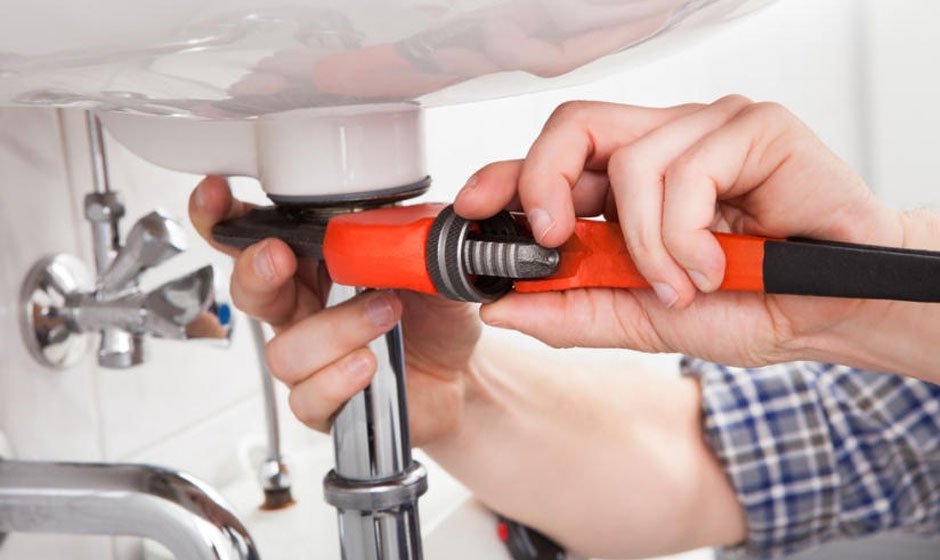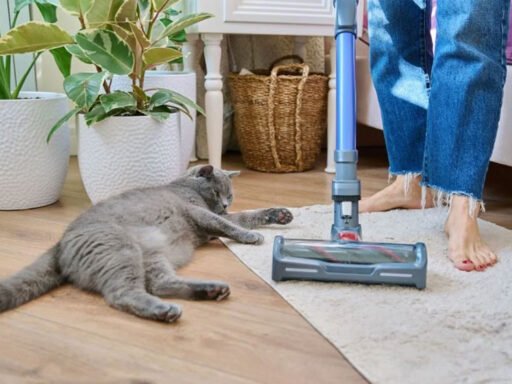What to Do When Plumbing Emergencies Strike
Plumbing emergencies can be overwhelming. Whether water is streaming down your walls from a burst pipe or your kitchen sink has unexpectedly turned into a miniature pond, quick action is the key to minimizing damage. Knowing what to do in specific high-stress scenarios might help prevent mild problems from developing into severe headaches. Ensuring a functioning shut-off valve is crucial in managing any plumbing emergency. Prompt shut-off valve repair is essential to ensure that you can do so efficiently when you need to halt the water flow.
Identifying Plumbing Emergencies
Some plumbing issues can wait a few days without causing much trouble, but others demand immediate attention. Burst pipes, severe drain clogs, and water heater malfunctions fall into the latter category. Burst pipes can flood your home in minutes, leading to extensive water damage. Severe clogs can return to your home, posing health risks and damaging your plumbing system. A failing water heater can leave you without hot water, a discomfort most would rather avoid. Recognizing these signs can help you act swiftly:
- Water is unexpectedly pooling in your home—indicating a possible leak or burst pipe.
- Strange noises, such as gurgling, banging, or hissing, may be coming from your pipes. These are often signs of trapped air or fluctuating water pressure.
- A sudden drop in water pressure—potentially indicating a severe blockage or leak in your plumbing system.
The Role of a Shut-off Valve in Emergencies
The shut-off valve is one of the most critical tools in your home plumbing system. This valve controls water flow into your home and allows you to halt it entirely in an emergency. Imagine a burst pipe spraying water into your living room—seconds count. Knowing how to shut off the water supply quickly can save you from extensive water damage. Regular checks and timely shut-off valve repair ensure it operates correctly when you need it the most. Ensuring your shut-off valve is easily accessible and in good working order can help you maintain control in critical situations.
Steps to Take During a Plumbing Emergency
- Shut Off the Water:The first and most crucial action is to locate your shut-off valve and turn it off. This step will stop the water flow and prevent further flooding or damage. If you don’t know where your shut-off valve is, take some time to locate it now so you can act quickly in an emergency.
- Assess the Damage:Once the water is shut off, inspect the area to determine the source of the issue. Understanding where the problem lies will help you communicate effectively with a professional plumber and take appropriate interim measures.
- Call a Professional:Most plumbing emergencies require the expertise of a licensed plumber, especially those involving burst pipes, water heaters, or severe clogs. Please provide them with as much information as possible to expedite their response time.
- Minimize Water Damage:While waiting for the plumber’s arrival, minimize water damage. Use towels, buckets, and mops to contain and remove standing water. If possible, move furniture and other belongings away from the affected area.
Preventive Measures to Avoid Plumbing Emergencies
Preventive plumbing system maintenance can avoid many emergencies. By routinely checking your plumbing system for wear and tear, you can identify minor concerns before they become major ones. This might include checking for leaks, monitoring water pressure, and ensuring that pipes are appropriately insulated, especially in colder climates. A professional plumber should also conduct an annual system inspection to identify potential issues early. Your plumbing will last longer with routine maintenance, which also helps to prevent unexpected breakdowns.
Installing and Maintaining Shut-off Valves
Installing a shut-off valve requires accuracy, and misaligned or incorrectly installed valves can cause failure. Regular maintenance involves inspections and replacements to ensure valve functionality. If you suspect an issue, take action immediately. Follow a detailed valve replacement tutorial for step-by-step guidance.
Conclusion
Preparing for plumbing emergencies is crucial for managing home plumbing needs effectively. Understanding the importance of a working shut-off valve and taking preventive measures can help manage Emergehome’s Regular maintenance, and a clear action plan empowers you to tackle emergencies confidently. A professional plumber in your contact list can save you from future plumbing crises.





